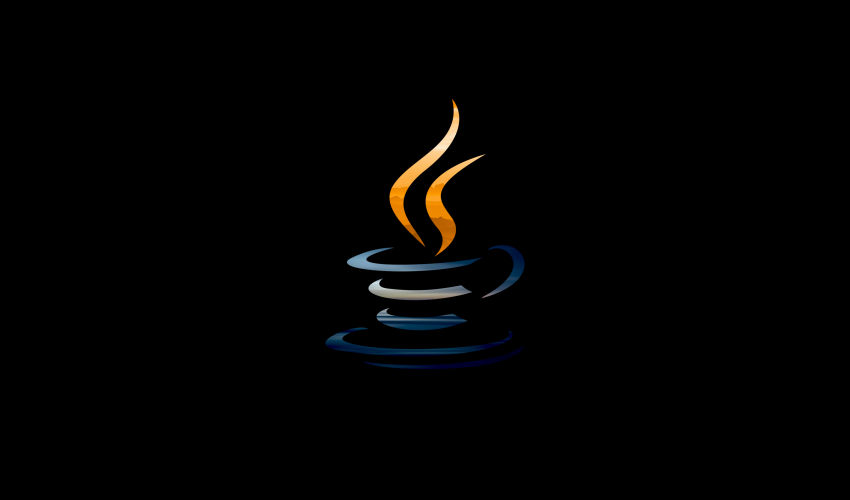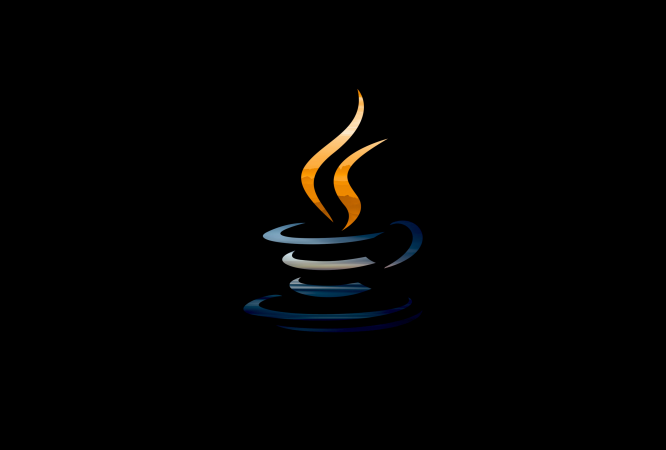Introduction Java – Basic Concepts
0
/0 ratings

Description
Topics
Java remains a cornerstone programming language in the software development realm. This course covers Java fundamentals, object-oriented programming, and application development.
- Java Syntax and Variables
- Object-Oriented Concepts (Classes, Inheritance, Polymorphism)
- Exception Handling
- File Handling
- GUI Development with Swing
Benefits of learning Java
Proficiency in these basic Java topics equips individuals to develop applications and software solutions using this widely-used programming language.
Training Modules
- Introduction to Java Programming: This module is designed to teach the basics of Java programming language. It covers topics such as setting up the development environment, writing a simple “Hello World” program, learning about data types, variables and operators, using classes, objects and methods, and more.
- Object-Oriented Programming in Java: This module is designed to teach the concepts and principles of Object-Oriented Programming (OOP) in Java. It covers topics such as classes, objects, inheritance, polymorphism, and interfaces.
- Java Exception Handling: This module is designed to teach the basics of Java exception handling. It covers topics such as try/catch blocks, multiple catch blocks, finally blocks, throw and throws, and custom exceptions.
- Java Collections Framework: This module is designed to teach the basics of the Java collections framework. It covers topics such as lists, sets, maps, and queues.
- Java GUI Programming: This module is designed to teach the basics of Java GUI programming. It covers topics such as AWT and Swing components, event handling, and layout managers.
Features
- Course Management
- Communication and Collaboration
- User-Friendly Interface
Target Audiences
- Educational Institutions
- Businesses and Organization
- Individual Learners
Requirements
- User-Friendly Interface
- Robust Course Management Capabilities
- Effective Communication and Collaboration
Curriculum
FAQs
LMS stands for Learning Management System. It's a software application designed to deliver, manage, and track online learning programs.
WordPress is a popular content management system (CMS) that offers several advantages for creating and managing websites.
Instructor
Reviews
Price
Free
Level Beginner
41 students
Duration 10 weeks
0 Lesson
Language English
Get unlimited access to all learning content and premium assets Membership Pro
Featured Review
The course encompasses a broad spectrum of topics, starting with fundamental programming concepts and progressing to advanced techniques in Java development. The well-organized modules provide a step-by-step approach, allowing you to build your skills gradually as you advance through the material.
You might be interested in
- Beginner
Free
-
41 Students
-
0 Lessons
A comprehensive Java course that covers everything from basic programming concepts to advanced techniques, helping you master Java development through...


